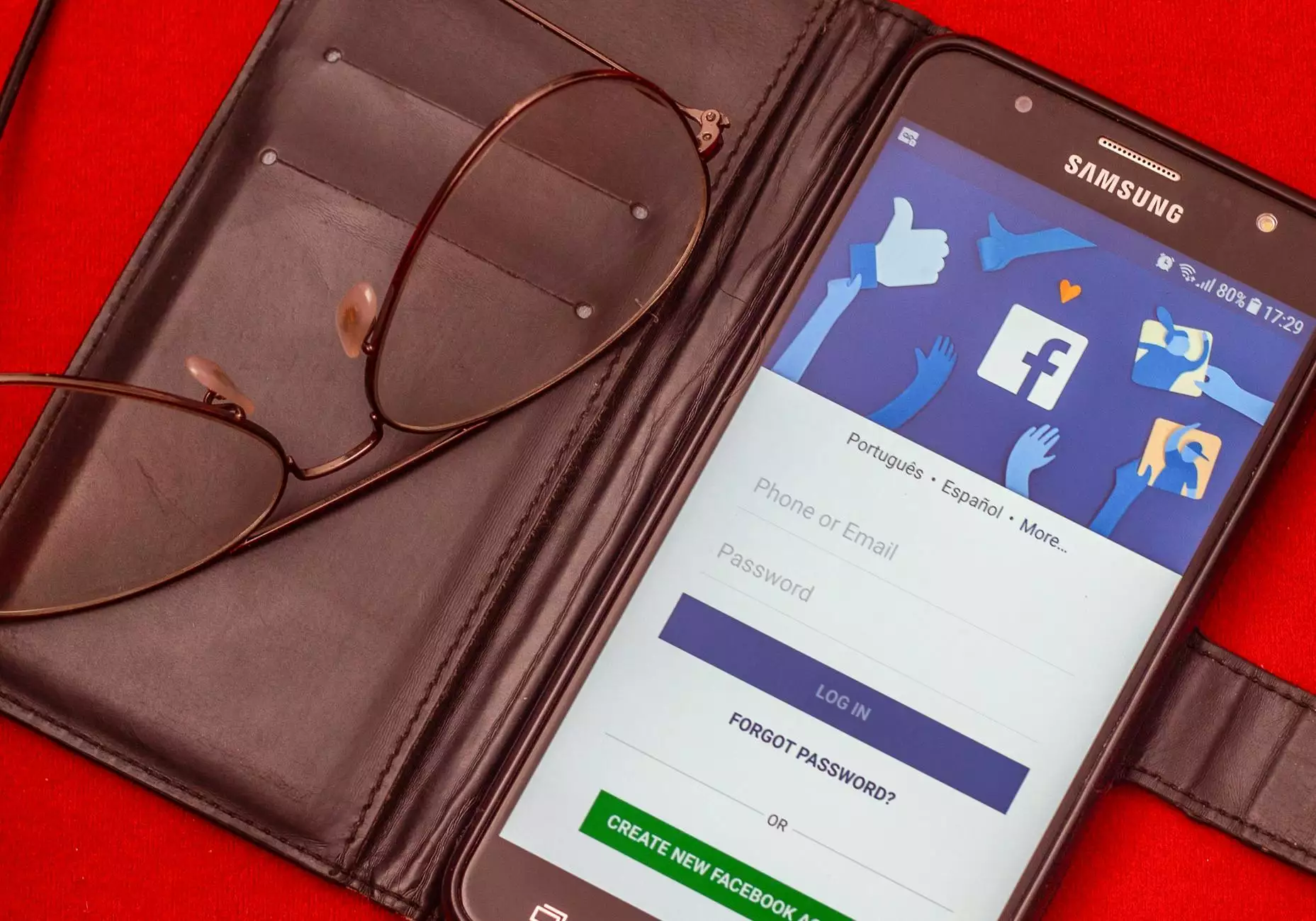Can a Single Person Develop an App?

In today's digital landscape, the question of whether a single person can develop an app is increasingly pertinent. With technology evolving at a breakneck pace, aspiring developers are empowered more than ever to bring their ideas to life. This comprehensive guide will delve into the steps, skills, tools, and strategies necessary for an individual to successfully develop a mobile application.
Understanding the App Development Landscape
Before diving into the nitty-gritty of app development, it's important to understand the landscape of mobile applications. According to recent statistics, millions of apps are available across various platforms, predominantly on Android and iOS. With this scale of competition, individual developers might wonder if it's feasible to create an app that stands out. The answer is a resounding yes - but only with the right approach.
The Rise of Indie Developers
The past decade has seen a significant rise in independent developers. Many successful apps have originated from a single person or small teams, proving that creativity and dedication can triumph over vast resources. Here are some factors contributing to this trend:
- Access to Resources: Numerous online resources, tutorials, and communities support aspiring developers.
- Development Tools: Advanced tools and frameworks simplify coding and design, making it easier for individuals.
- Market Demand: There is a continuous demand for innovative solutions to everyday problems.
The Skills Required for App Development
While a single person can certainly develop an app, possessing a blend of technical and soft skills can significantly enhance the process. Here’s a comprehensive look at essential skills for mobile app development:
Technical Skills
1. Programming Languages: Familiarity with languages such as Java, Swift, or Kotlin is fundamental for Android and iOS app development.
2. UI/UX Design: Understanding the principles of user interface and user experience design can lead to a more appealing and user-friendly app.
3. Database Management: Knowledge of database technologies is crucial for data handling and storage.
4. API Integration: Understanding how to work with APIs to connect your app to external services is a key aspect of development.
Soft Skills
1. Problem-Solving: The ability to troubleshoot and solve issues as they arise is essential.
2. Time Management: Effectively managing your time can help in meeting deadlines and maintaining progress on your project.
3. Persistence: App development can be arduous, and the ability to remain determined through challenges is vital.
Steps to Develop an App on Your Own
While the skills and knowledge required are essential, having a systematic approach to developing an app can streamline the process. Below is a step-by-step guide tailored for single-person app development:
1. Ideation and Market Research
The journey begins with a brilliant idea. However, not every idea will translate into a successful app. Conduct thorough market research to validate your concept. Identify your target audience, understand their pain points, and analyze competitors to refine your idea.
2. Planning and Prototyping
Once you finalize your idea, draft a comprehensive plan outlining the core features of your app. Creating a prototype or wireframe can help visualize the user journey and interface. Tools like Sketch or Figma can assist in this phase.
3. Choosing the Right Technology Stack
Select the appropriate technology stack for your app. This includes choosing the right framework, database, and programming languages. Considerations include:
- Native vs. Hybrid Development: Determine whether your app will be native (specific to one platform) or hybrid (cross-platform).
- Development Tools: Use integrated development environments (IDEs) like Android Studio or Xcode for streamlined coding.
4. Development Process
Now, it’s time to start coding. At this stage, adhere to best practices in programming to ensure clean and efficient code. Consider the following:
- Version Control: Use Git for version control to manage changes and collaborate if the project expands.
- Testing: Regularly test your application for bugs and usability issues throughout the development process.
5. Launching the App
After developing and testing, prepare for the app launch. Adhere to the guidelines set by app stores like Google Play and Apple App Store. Ensure your app is optimized, debugged, and meets all requirements before submission.
6. Post-Launch Activities
The launch is just the beginning. Post-launch, gather user feedback and analyze performance data. Continuous updates and enhancements based on user experience can greatly improve your app’s success.
Tools to Aid Your Development Journey
Utilizing the right tools can significantly ease the development process. Here’s a list of recommended tools:
Development Tools
- Visual Studio Code: A versatile code editor that supports various programming languages.
- Unity: For game development specifically.
- Xcode: The official IDE for Apple app development.
- Android Studio: A complete IDE for Android development.
Design Tools
- Figma: Collaborative design tool for web and mobile interfaces.
- Adobe XD: Ideal for creating wireframes and prototypes.
Testing Tools
- TestFlight: For testing iOS apps before releasing them on the store.
- Firebase Test Lab: Google’s cloud-based solution to test your Android apps across various devices.
Case Studies of Successful Single-Person Apps
Understanding real-world examples can provide motivation and insight into what is achievable. Here are notable success stories of apps developed by individuals:
1. Flappy Bird
Created by Dong Nguyen, Flappy Bird became a viral sensation with its simple yet addictive gameplay. This single-player mobile game generated significant revenue purely from ads.
2. Instagram
Instagram was co-founded by Kevin Systrom and Mike Krieger, who started as a duo. With their determination and a clear focus on user experience, Instagram transformed social media.
3. WordPress
Matt Mullenweg initially released WordPress as a personal project. It has since evolved into one of the most popular Content Management Systems (CMS) worldwide, powering over 40% of the internet.
Conclusion: Your App Development Journey Begins Here
The question, "Can a single person develop an app?", is met with overwhelming affirmative evidence. With the right mix of dedication, adaptability, and resources, anyone can embark on their app development journey. Seek out communities like nandbox.com to gain additional insights, resources, and support as you bring your innovative ideas to life.
Remember, the road to app development can be challenging, but every successful app starts with the first line of code. Embrace the journey, learn continually, and don’t hesitate to iterate and improve based on user feedback!









